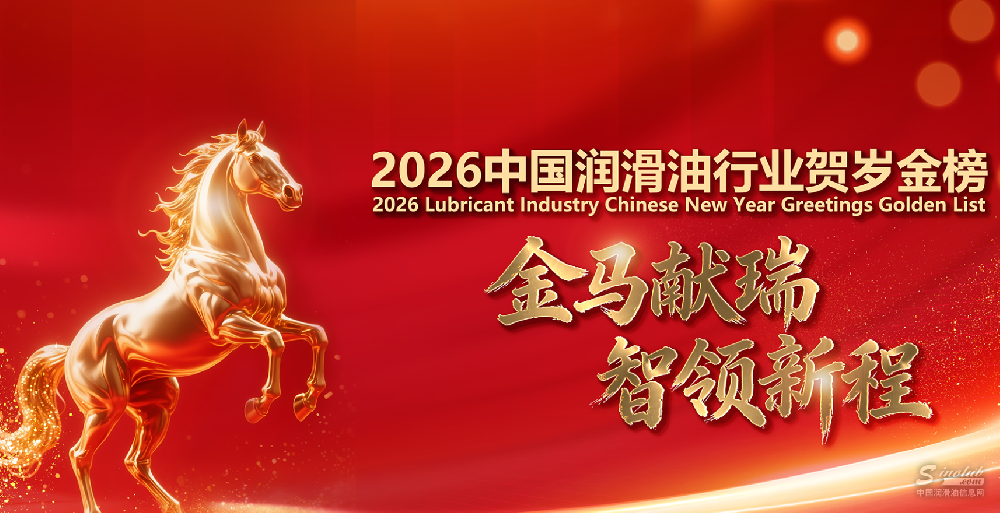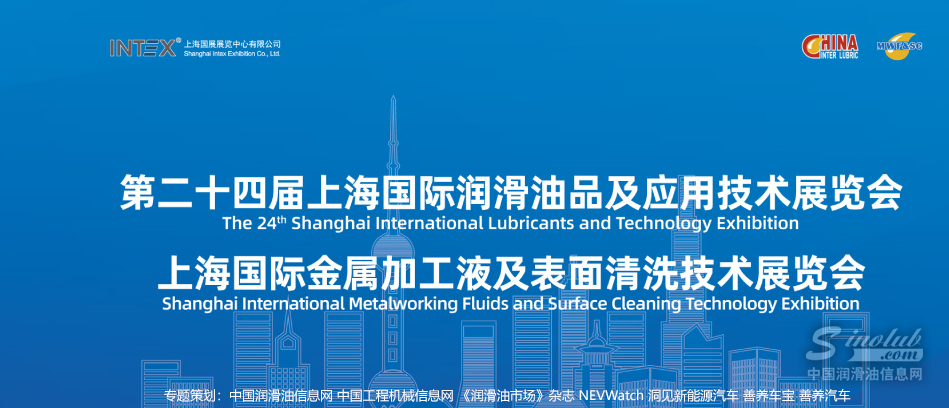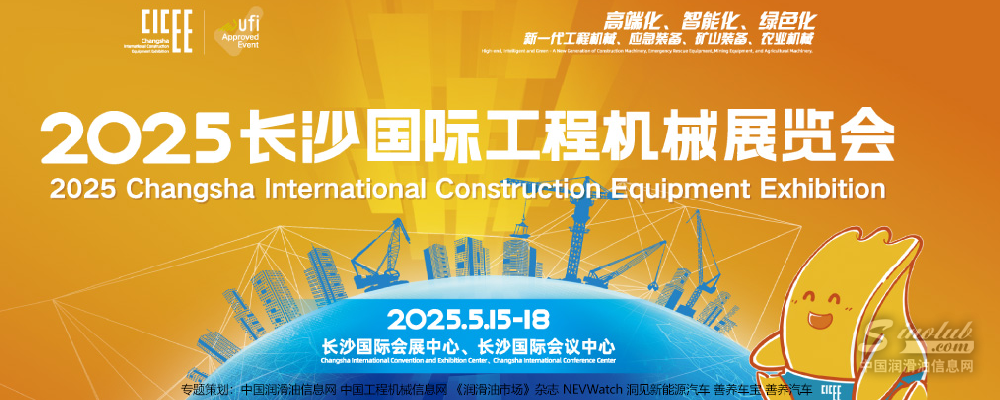西南研究所发布了关于氢燃料内燃机润滑剂耐久性的新发现。 2 -冰)。出席在美国明尼苏达州明阿波利斯市举行的第78届年度会议暨展览。2024年5月n,这项研究探讨了氢燃烧对润滑剂性能和寿命的影响。
SWRI启动了氢内燃机(H) 2 -ICE)联合工业方案(JIP),以开发和展示用于重型应用的氢动力发动机的可行性。SWRI成功地改造了康明斯X15N发动机,使其以氢为燃料运行,并将其改装为8类重型车辆,展示了其在实现接近零温室气体排放和极低排放的氧化氮和微粒物质方面的潜力。

研究结果
润滑剂相互作用:研究强调,氢发动机的火焰淬火距离小得多,火焰对汽缸壁边界层的渗透更深。这可能导致润滑油氧化和相关排放增加。
燃烧副产品:讨论了对水进入润滑油和腐蚀性硝酸的潜在形成的关注。然而,这项研究发现,润滑油中的水积累很少,从而揭露了氢引擎中过量用水的神话。
耐久性测试:在经过改进的戴姆勒DD15发动机上进行的研究涉及350小时的测试周期。结果表明,润滑剂性能稳定,粘度、总酸数和总碱数变化最小。
技术见解
发动机修改:自定义的喷射器,一个分裂的排气歧管设计,和一个通过抽气通过吸管系统使用优化性能和安全。
撞击和预点火:对发动机的撞击和预点火进行了密切监测,有几次由于预点火而自动关闭。
结果的一致性:尽管存在预期,但润滑剂并没有明显退化。
未来方向
虽然这项研究证实了氢发动机中的润滑剂在稳定、温暖条件下的耐久性,但还需要进一步研究,以了解低温和冷启动情景下的润滑剂行为。
结论
swri的研究是朝着将氢作为内燃机的一种可行燃料的方向迈出的重要一步。通过应对与润滑剂性能有关的主要挑战,这项研究支持在重型运输中更广泛地采用氢技术,促进更清洁和更可持续的能源未来。
SwRI unveils promising findings on lubricant durability in hydrogen engines
Southwest Research Institute (SwRI) has released new findings on the durability of lubricants in hydrogen-fueled internal combustion engines (H2-ICE). Presented at the 78th STLE Annual Meeting & Exhibition in Minneapolis, Minnesota, U.S.A. in May 2024, the study explores the impact of hydrogen combustion on lubricant performance and longevity.
SwRI launched the Hydrogen Internal Combustion Engine (H2-ICE) Joint Industry Program (JIP) to develop and demonstrate the feasibility of hydrogen-powered engines for heavy-duty applications. SwRI has successfully converted a Cummins X15N engine to run on hydrogen and retrofitted it in a Class 8 heavy-duty vehicle, showcasing its potential to achieve near-zero greenhouse gas (GHG) emissions and ultra-low emissions of nitrogen oxides (NOx) and particulate matter.
Study findings
Lubricant Interaction: The research highlighted that hydrogen engines have a much smaller flame quench distance and deeper flame penetration into the boundary layer of the cylinder walls. This can lead to increased lubricant oxidation and associated emissions.
Combustion Byproducts: Concerns about water ingress into lubricants and the potential formation of corrosive nitric acid were addressed. However, the study found minimal water accumulation in lubricants, debunking myths about excessive water production in hydrogen engines.
Durability Testing: Conducted on a modified Daimler DD15 engine, the study involved a 350-hour test cycle. The results showed that lubricant performance remained stable, with minimal changes in viscosity, Total Acid Number (TAN), and Total Base Number (TBN).
Technical insights
Engine Modifications: Custom injectors, a split exhaust manifold design, and a draw-through blow-by suction system were used to optimise performance and safety.
Knock and Pre-Ignition: The engine was closely monitored for knock and pre-ignition, with several instances of automated shutdowns due to pre-ignition.
Consistency in Results: Despite expectations, the lubricants showed no significant degradation.
Future directions
While the study confirmed the durability of lubricants in hydrogen engines under steady-state, warm conditions, further research is needed to understand lubricant behavior under low-temperature and cold-start scenarios.
Conclusion
SwRI’s research represents a significant step toward integrating hydrogen as a viable fuel for internal combustion engines. By addressing key challenges related to lubricant performance, this study supports the broader adoption of hydrogen technology in heavy-duty transportation, contributing to a cleaner and more sustainable energy future.








发表评论
最新评论